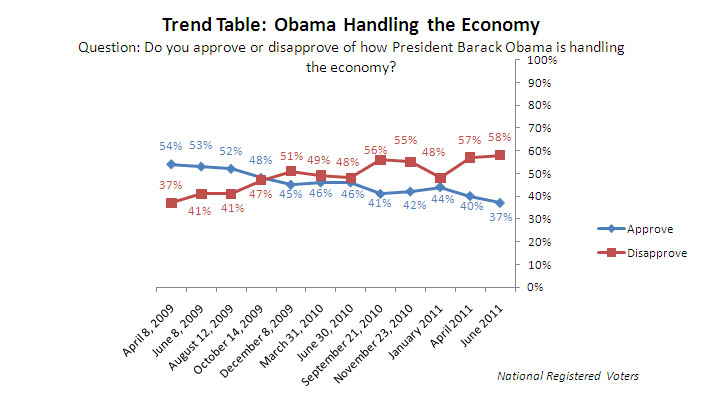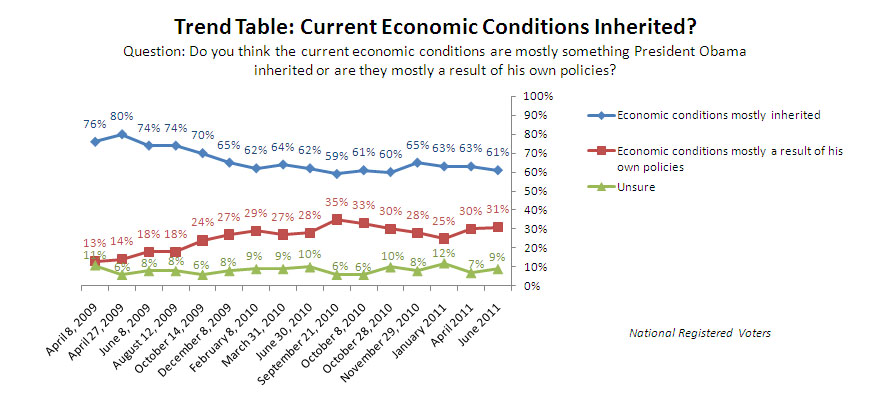The Thomas More Law Center, a national public interest law firm based in Ann Arbor, Michigan, whose mission includes restoring America’s Judeo-Christian heritage and promoting a strong national defense, announced Tuesday that it filed a Freedom of Information Act (FOIA) lawsuit against the Department of the Navy. The lawsuit seeks to obtain records that the plaintiffs believe will show intentional deception by the Pentagon to gain congressional support for repeal of the 1993 law regarding open homosexual conduct in the military, usually called “Don’t Ask, Don’t Tell.”
Prompting the lawsuit was a Department of Defense Inspector General’s report which suggested that a distorted Pentagon study of homosexuals in the military was produced and leaked solely to persuade Congress to lift the ban on open homosexuality in the military (Repeal of “Don’t Ask, Don’t Tell”).
Erin E. Mersino, the Thomas More Law Center attorney handling the case, explained the reason for the lawsuit, “The Department of Defense and the Department of the Navy have failed to produce a single document despite numerous FOIA requests over the last two years for information to uncover the truth surrounding the congressional repeal of Don’t Ask, Don’t Tell.”
The lawsuit was filed in the U.S. District Court in Washington D.C. on behalf of Plaintiffs Elaine Donnelly and the Center for Military Readiness (CMR). Plaintiffs are seeking information to determine the extent to which the Department of the Navy engaged in a campaign of deception as suggested by the Inspector General’s Report.
The Plaintiffs are also seeking the information to determine the extent to which the Department of Defense and the Department of the Navy fulfilled the requirements mandated by Congress for the repeal of “Don’t Ask, Don’t Tell” to become valid law. Congress required specific regulations and procedures be implemented to protect national security prior to the repeal taking effect. [See lawsuit here]
CMR is an independent, non-partisan public policy organization that concentrates on military issues. CMR’s president, Elaine Donnelly, has done extensive reporting on and analysis of the 1993 law regarding homosexuals in the military, and the consequences of repealing that law.
Plaintiffs first submitted their FOIA requests on August 31, 2011 requesting all records, documents and e-mails concerning the repeal of “Don’t Ask, Don’t Tell” shared among the military Chiefs of Staff, various combatant commanders, and political appointees at the Pentagon and White House. To date, the Department of the Navy has failed to provide any of the requested documents.
Richard Thompson, the Law Center’s President and Chief Counsel, commented, “ Ever since the beginning of the Continental Army of 1775, homosexuality in the military has been prohibited. President Obama changed all that at the expense of our future national security merely to curry favor with his radical homosexual supporters, and Congress went along with him. The purpose of our Armed Forces is to win on the field of battle. This new law will eventually have a devastating impact on unit cohesion and the fighting effectiveness of our combat branches. That’s why we must undo this ill conceived law, and the first step is to discover what went on behind the scenes.”
Contrary to media headlines based on selective misleading leaks about the survey, the actual survey numbers show that nearly 60% of those in the Marine and Army combat units, and among Marine combat arms the number was 67%, thought repealing the DADT law would harm their unit’s ability to fight on the battlefield.
Concerns of Senior Military Leaders Disregarded
During 2010 hearings prior to the rushed lame-duck vote for repeal, both the Commandant of the Marine Corps, General James T. Conway, and the incoming Commandant, General James Amos, informed the Senate Armed Services Committee that their best military advice was to keep the ban in place. Army Chief of Staff General George W. Casey told the Senate Committee that he had serious concerns about the impact of the repeal on a force engaged in two wars.
However, Secretary of Defense Gates and Admiral Mullen, Chairman of the Joint Chiefs of Staff, muzzled other combat commanders from publicly expressing their opinion opposing repeal of the ban. Three-star General Benjamin Mixon, Commander of the U.S. Army Pacific Command, was publicly reprimanded by both Gates and Mullen for publicly expressing his objection to repeal.
To overcome these constraints on active duty senior officers to honestly express their opinion, 1,167 retired flag and general officers, 51 of them former four stars, signed an open letter to President Obama and Congress expressing great concern about the impact that a repeal would have on morale, discipline, unit cohesion and overall military readiness.
An Anti-Christian Policy
Despite the fact that an overwhelming majority of America’s Armed Forces are Christian, the Pentagon brushed aside the religious and moral objections to homosexuality by service members. The Department of Defense recommended elimination of longstanding military laws prohibiting consensual sodomy and adultery to go along with repeal of the “Don’t Ask, Don’t Tell” law. Moreover, recognizing that a large number of military chaplains believe that homosexuality is a sin and are required by God to condemn it as such, the Pentagon claimed that their objections, based upon deeply held religious beliefs, could be overcome through education and training. Ongoing controversies about the Defense Department’s attempts to circumvent the Defense of Marriage Act by authorizing same-sex “ceremonies,” which are simulated marriages on military bases, remain unresolved. Documents obtained by this FOIA lawsuit will improve public understanding of what happened during the lame-duck Congress in 2010, and what must be done to repair the damage.


